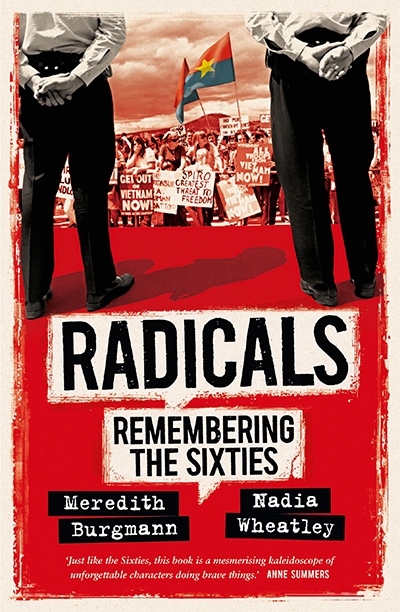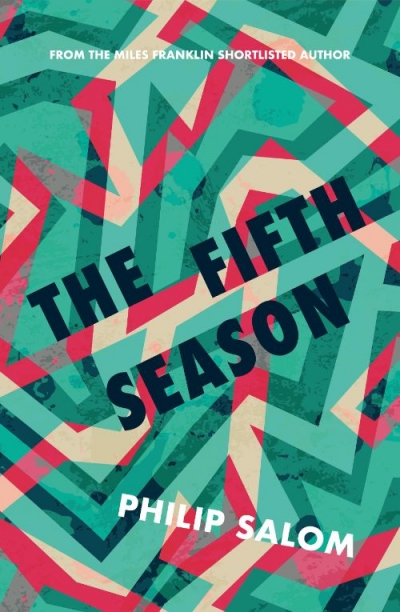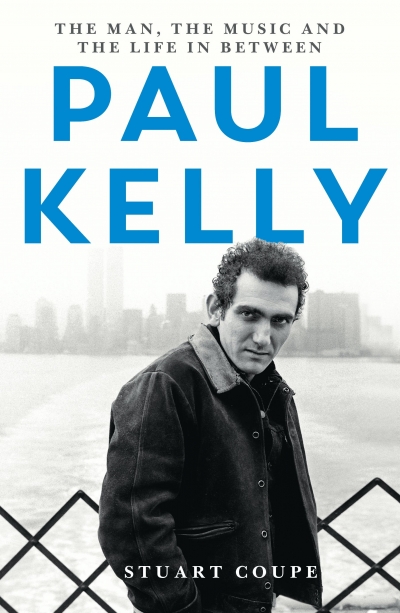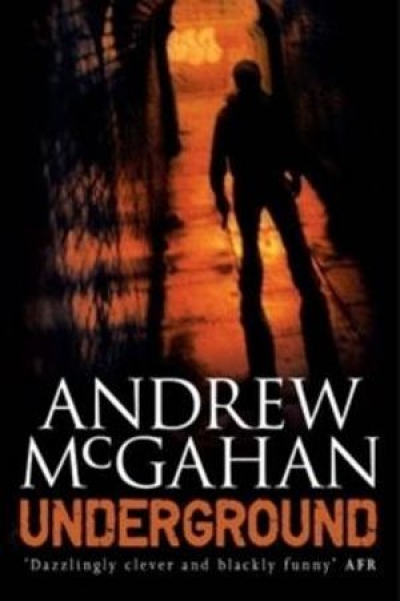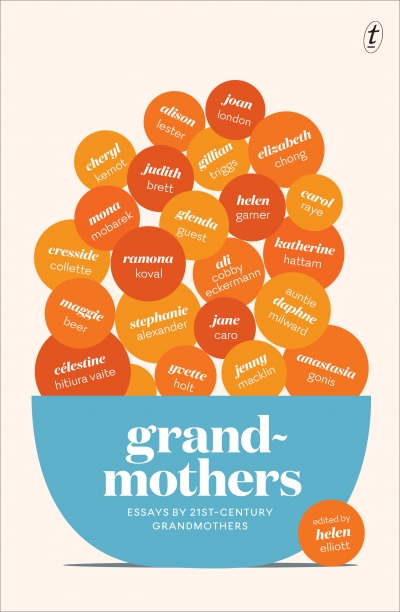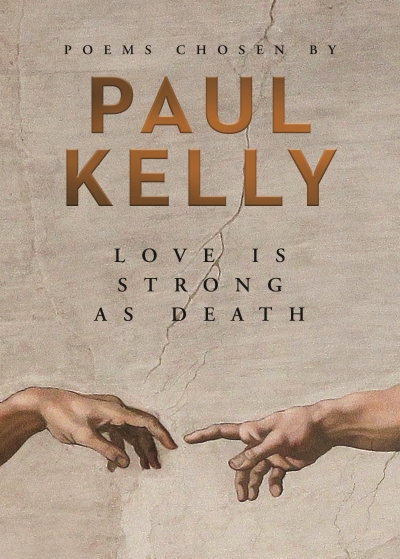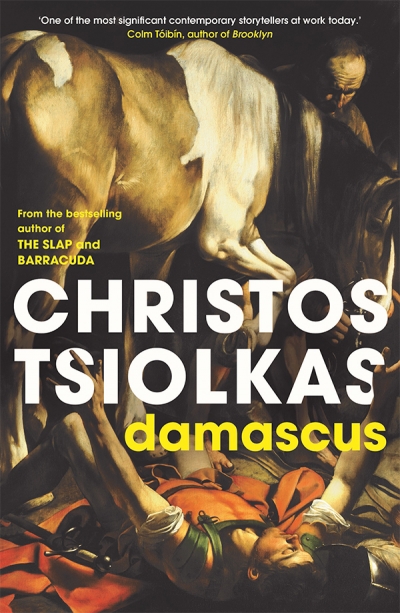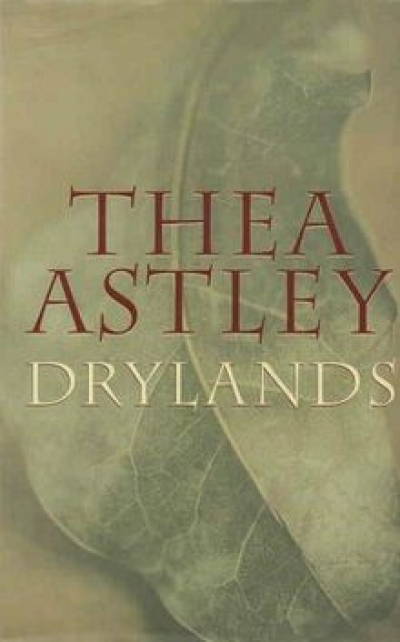Kerryn Goldsworthy
Radicals: Remembering the Sixties by Meredith Burgmann and Nadia Wheatley
by Kerryn Goldsworthy •
Paul Kelly: The man, the music and the life in-between by Stuart Coupe
by Kerryn Goldsworthy •
Grandmothers edited by Helen Elliott & A Lasting Conversation: Stories on ageing edited by Dr Susan Ogle and Melanie Joosten
by Kerryn Goldsworthy •
ABR asked a few colleagues and contributors to nominate some books that have beguiled them – might even speak to others – at this unusual time.
... (read more)Friends and Rivals: Four great Australian writers by Brenda Niall
by Kerryn Goldsworthy •
Love is Strong as Death: Poems chosen by Paul Kelly edited by Paul Kelly
by Kerryn Goldsworthy •

